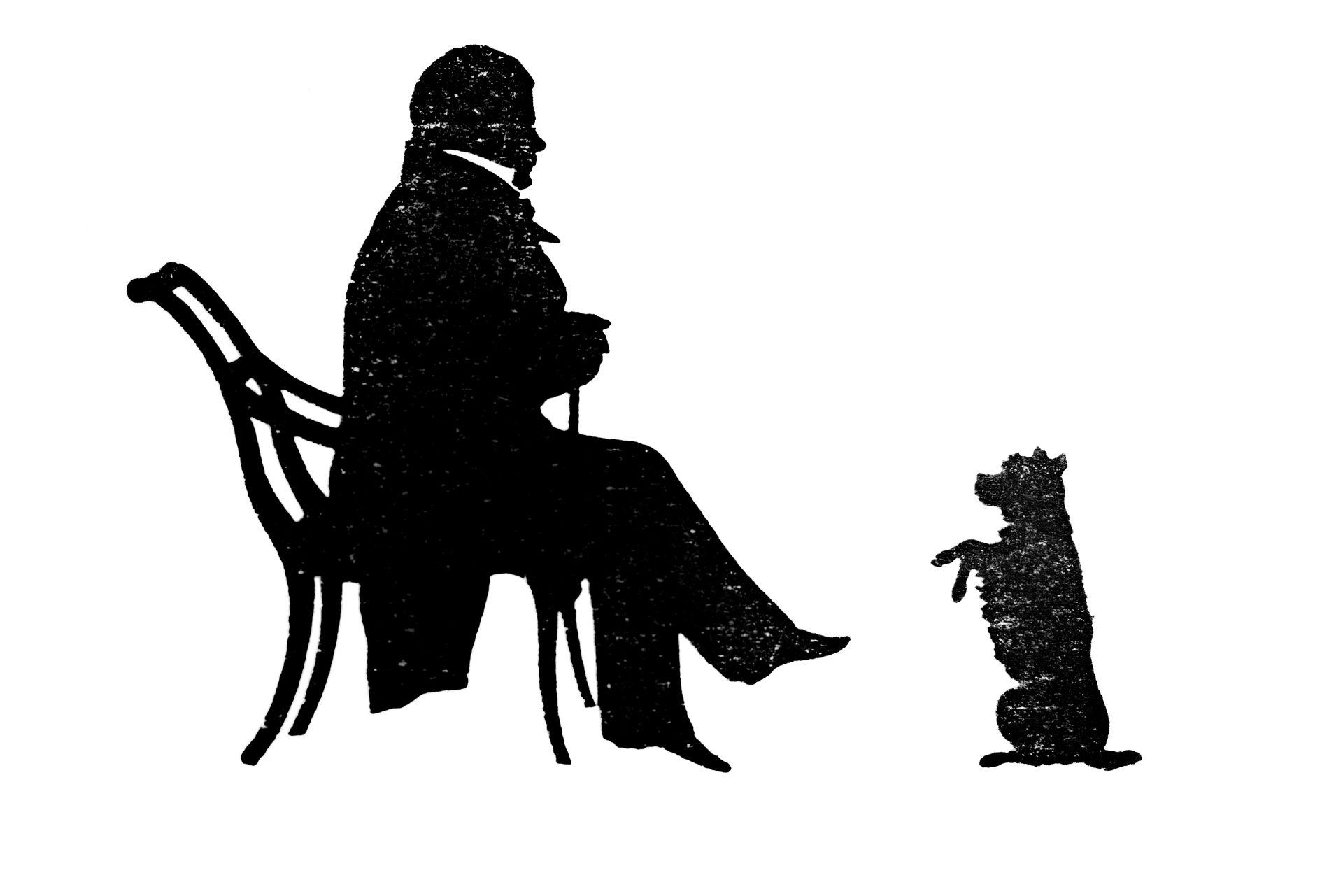2002
Our President in 2002/3 was:
Professor Jane Millgate
She gave the Toast to Sir Walter at our 94th Annual Dinner on 7th March 2003 at The Sheraton Grand Hotel, Edinburgh
Download the [transcript] or read the [bulletin]
Summary of the Speech:
Professor Jane Millgate’s toast was a deeply personal and scholarly reflection on her journey as a Scott scholar, her work on Scott’s letters, and her admiration for his literary legacy. Below are the key themes and notable points:
1. Personal Connection to the Club and Scott
- On becoming President, she initially questioned her qualifications, lacking a legal background, Scottish heritage, or direct links to Scott’s circle.
- She found comfort in the Club’s founding principle of “the collection and preservation of letters and other relics connected with Scott’s name.”
- Her scholarly work on Scott’s letters provided her justification for accepting the presidency.
2. Her Path to Scott Through Macaulay
- Her initial interest in Scott was sparked by her research on historian Thomas Babington Macaulay, who saw Scott as a historian in his own right.
- Macaulay admitted feeling intimidated by Scott’s historical knowledge, confessing that “Sir Walter had been there before him” when researching Scottish history.
- This led Millgate to read Scott not just for context but for the sheer brilliance of his writing.
3. The Importance of Scott’s Letters
- She spent seven years creating an electronic catalogue of Scott’s correspondence, improving accessibility for scholars worldwide.
- She discovered that the Grierson edition of Scott’s letters (published in the 1930s) was incomplete, missing thousands of letters and important details.
- Her project aimed to locate both Scott’s outgoing and incoming letters, many of which were scattered across the world.
4. Tracking Down Scott’s Correspondence
- She sent over a thousand letters of enquiry to libraries globally, uncovering lost Scott letters in places as far as New Zealand, Germany, and the United States.
- Some unexpected finds:
- A Scott letter about emigration policy in Canada found in Yale’s Beinecke Library, rather than in its original Winnipeg location.
- A manuscript page of Kenilworth and two Scott letters in Coburg, Germany.
- Letters at a subscription library in New York once owned by John Ruskin, an admirer of Scott.
- She located over 7,000 letters by Scott, doubling the previous known number, and discovered 3,200 unpublished letters.
5. Scott’s Generosity and Literary Correspondence
- Many of Scott’s letters show his kindness to aspiring writers, offering critiques despite claiming he never gave literary advice.
- He often helped struggling authors get published or supported their books by subscribing to multiple copies.
- A humorous story:
- He once received a massive, postage-heavy package from a New York woman who wanted him to edit her play, write a prologue, get it staged at Drury Lane, and sell it to publishers.
- Two weeks later, she sent the same play again, fearing the first had been lost at sea.
- Scott’s annual postage bill was £150—half his salary as Sheriff of Selkirk!
6. Call for Continued Preservation of Scott’s Legacy
- She urged Scott enthusiasts to search for lost letters that may be hidden in family collections.
- She highlighted the importance of the Union Catalogue of Scott Correspondence, now accessible via the National Library of Scotland website.
- Her hope: that 21st-century scholars working on a comprehensive edition of Scott’s letters would remember her efforts.
7. Final Toast to Sir Walter Scott
- She closed with a call to continue Scott’s legacy of collecting and preserving knowledge, reminding the audience that Scott himself was a dedicated collector of relics and documents.
- She then invited everyone to raise a glass to the memory of Sir Walter Scott.
Interesting Points:
- Scott as a Historian’s Historian: Macaulay, a major Victorian historian, felt Scott had already charted the historical landscape before him.
- Literary Detective Work: Millgate’s global search for Scott’s letters was akin to an adventure, uncovering hidden literary treasures in unexpected places.
- Scott’s Generosity: His support for struggling writers, despite his own financial struggles, showcases his deep commitment to literature.
- Digital Legacy: Her creation of an electronic catalogue ensures that Scott’s letters remain accessible for future scholars.
Overall, Millgate’s toast was a blend of
personal reflection, scholarly dedication, and deep admiration for Scott, emphasizing his importance as both a
literary figure and a human being of great generosity and wit.
Download the [transcript] or read the [bulletin]

Jane Millgate [wikipedia]


